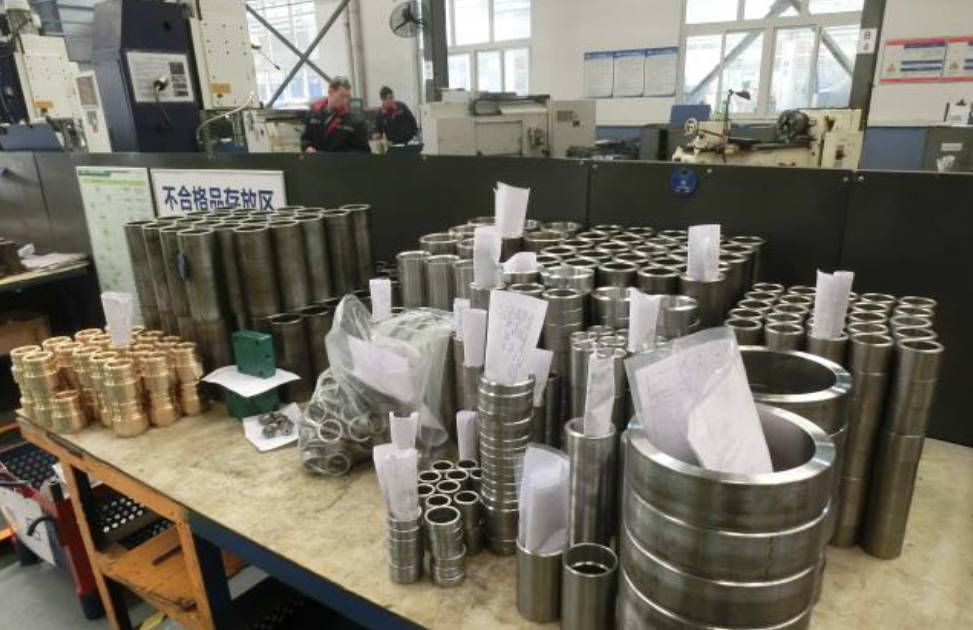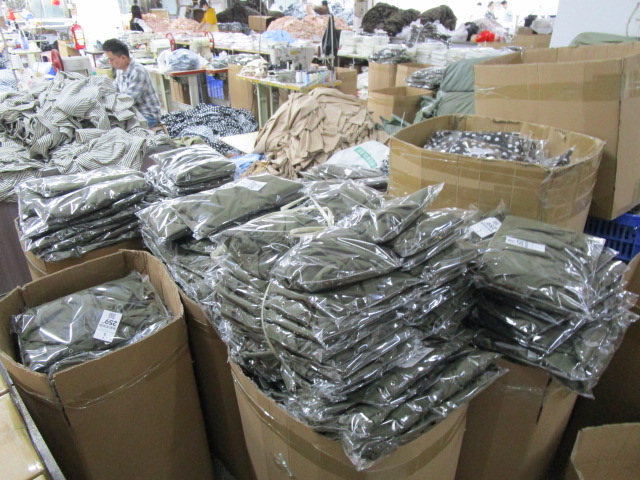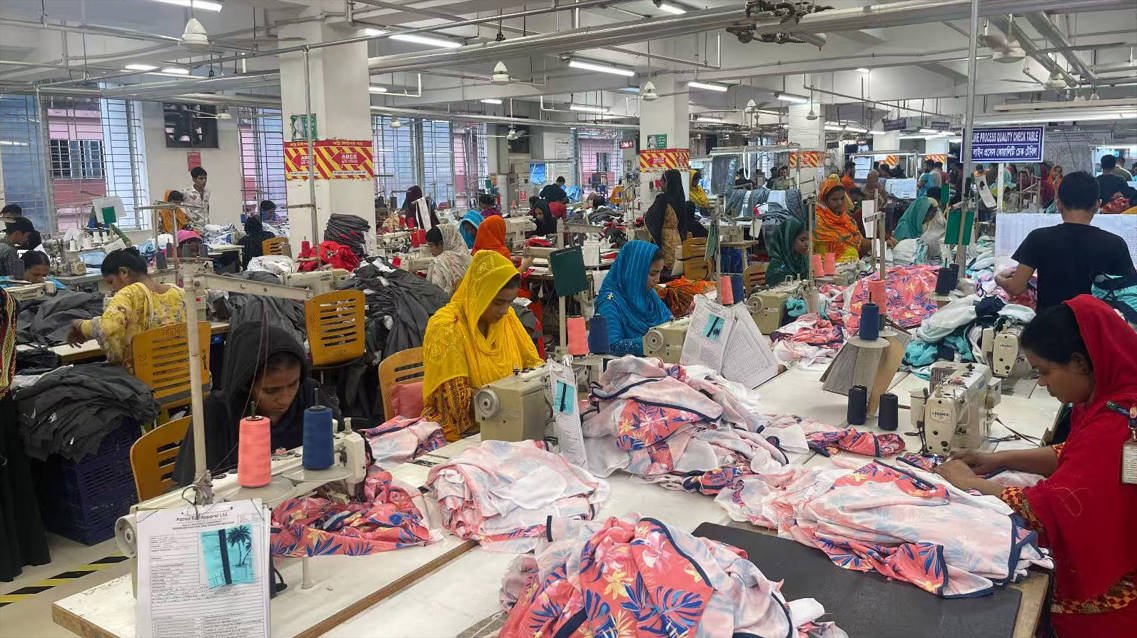
When sourcing products from overseas, particularly from manufacturing hubs like China, ensuring that your supplier adheres to the highest standards of quality and production practices is critical to your business’s success. One of the most effective ways to verify this is through a Manufacturing Audit. A Manufacturing Audit is a comprehensive review of a factory’s operations, processes, and practices to ensure they meet your quality standards, production requirements, and regulatory compliance. In this article, we’ll discuss what a manufacturing audit entails, why it’s essential, and how it can help safeguard your supply chain.

Contents
What is a Manufacturing Audit?
A Manufacturing Audit is an in-depth evaluation of a factory’s production operations, including its facilities, equipment, workforce, quality control processes, and compliance with industry regulations. The goal of the audit is to assess whether the factory can meet your product specifications, production timelines, and quality requirements, as well as to ensure it complies with local and international standards.
Manufacturing audits are typically conducted by third-party inspection companies, who send experienced auditors to assess various aspects of the factory’s operations. The audit process includes reviewing documentation, observing production practices, and inspecting the factory’s capabilities to handle the scale of your order.
Why is a Manufacturing Audit Important?
- Quality Assurance
A manufacturing audit helps verify that the factory can produce products that meet your quality standards. This includes checking whether the factory has effective quality control procedures in place, uses the right materials, and maintains consistent production practices. - Regulatory Compliance
Manufacturing audits ensure that factories comply with industry-specific regulations and international standards. This can include safety certifications, environmental regulations, labor laws, and product-specific compliance requirements such as RoHS, CE, or FDA certifications. - Supply Chain Transparency
By conducting a manufacturing audit, you gain transparency into the factory’s operations. This enables you to understand how your products are being produced, identify potential risks, and ensure that your supply chain is reliable and trustworthy. - Risk Mitigation
A manufacturing audit helps identify risks that could disrupt production or affect product quality. Early identification of issues, such as poor labor practices, inadequate quality control systems, or production delays, allows you to address them before they escalate into more significant problems. - Improved Supplier Relationships
Conducting an audit demonstrates to your suppliers that you are committed to maintaining high standards. It encourages open communication, transparency, and a commitment to continuous improvement, which can help foster a stronger and more reliable partnership.
What Does a Manufacturing Audit Involve?
A manufacturing audit typically covers several key areas of a factory’s operations. Here’s what the process generally involves:
- Factory Facility Evaluation
The auditor will assess the physical condition of the factory, including the layout, cleanliness, safety standards, and equipment maintenance. This helps determine whether the factory is capable of handling your production needs while maintaining safe working conditions. - Quality Control Systems
The audit will evaluate the factory’s quality control processes, including how products are inspected and tested during production. Inspectors will review quality assurance procedures, inspection reports, and any records related to defect rates and corrective actions. - Production Capacity
The auditor will assess whether the factory has the capacity to handle your order in terms of equipment, labor force, and production timelines. They will look at the factory’s output rates, the availability of raw materials, and workforce efficiency. - Labor Practices
The audit will also examine labor practices to ensure compliance with local labor laws and international ethical standards. This includes verifying fair wages, working hours, health and safety conditions, and whether the factory adheres to anti-child labor and anti-forced labor regulations. - Environmental Compliance
Environmental sustainability is increasingly important to businesses and consumers. A manufacturing audit checks whether the factory adheres to environmental regulations, including waste management, energy use, and emissions standards. - Documentation and Certifications
The auditor will review the factory’s documentation to ensure that it has the necessary certifications, licenses, and permits required for production. This includes verifying compliance with product safety standards, environmental regulations, and industry-specific certifications. - Audit Report and Recommendations
Once the audit is complete, the inspection company provides a detailed report outlining the findings, including strengths and weaknesses, areas for improvement, and any potential risks. The report often includes recommendations for corrective actions, if necessary.
Benefits of Conducting a Manufacturing Audit
- Ensure High-Quality Products
By evaluating the manufacturing process in detail, you can ensure that the final products meet your required standards for quality, durability, and safety. - Enhance Supplier Accountability
A thorough audit helps hold suppliers accountable for their production processes, ensuring they maintain consistent standards across all batches and meet contractual obligations. - Gain Confidence in Your Supply Chain
Conducting a manufacturing audit gives you peace of mind by verifying that the factory can handle your production needs and comply with industry regulations, reducing the risk of production delays or quality issues. - Maintain Compliance
With an increasing number of regulations governing international trade, conducting a manufacturing audit ensures that your suppliers comply with all relevant laws, reducing the risk of non-compliance and penalties. - Improve Operational Efficiency
Identifying inefficiencies in production, quality control, or resource management during the audit can lead to improvements in your supplier’s processes, ultimately resulting in cost savings and better overall product quality.
How NBNQC Can Help with Manufacturing Audits in China
If you’re sourcing products from China, conducting a manufacturing audit is crucial to ensuring your supplier’s capabilities and adherence to quality and compliance standards. At NBNQC, we offer professional Manufacturing Audit services in China to help businesses mitigate risks and ensure that their products meet the highest standards.
Our experienced auditors provide comprehensive assessments of factories, evaluating everything from production processes and quality control systems to labor practices and environmental compliance. With our detailed audit reports, you can make informed decisions and ensure your products are produced to meet your specifications, safety standards, and regulatory requirements.
Whether you’re sourcing electronics, apparel, or consumer goods, NBNQC’s Manufacturing Audit services provide you with the transparency and assurance you need to build a reliable and successful supply chain in China.




